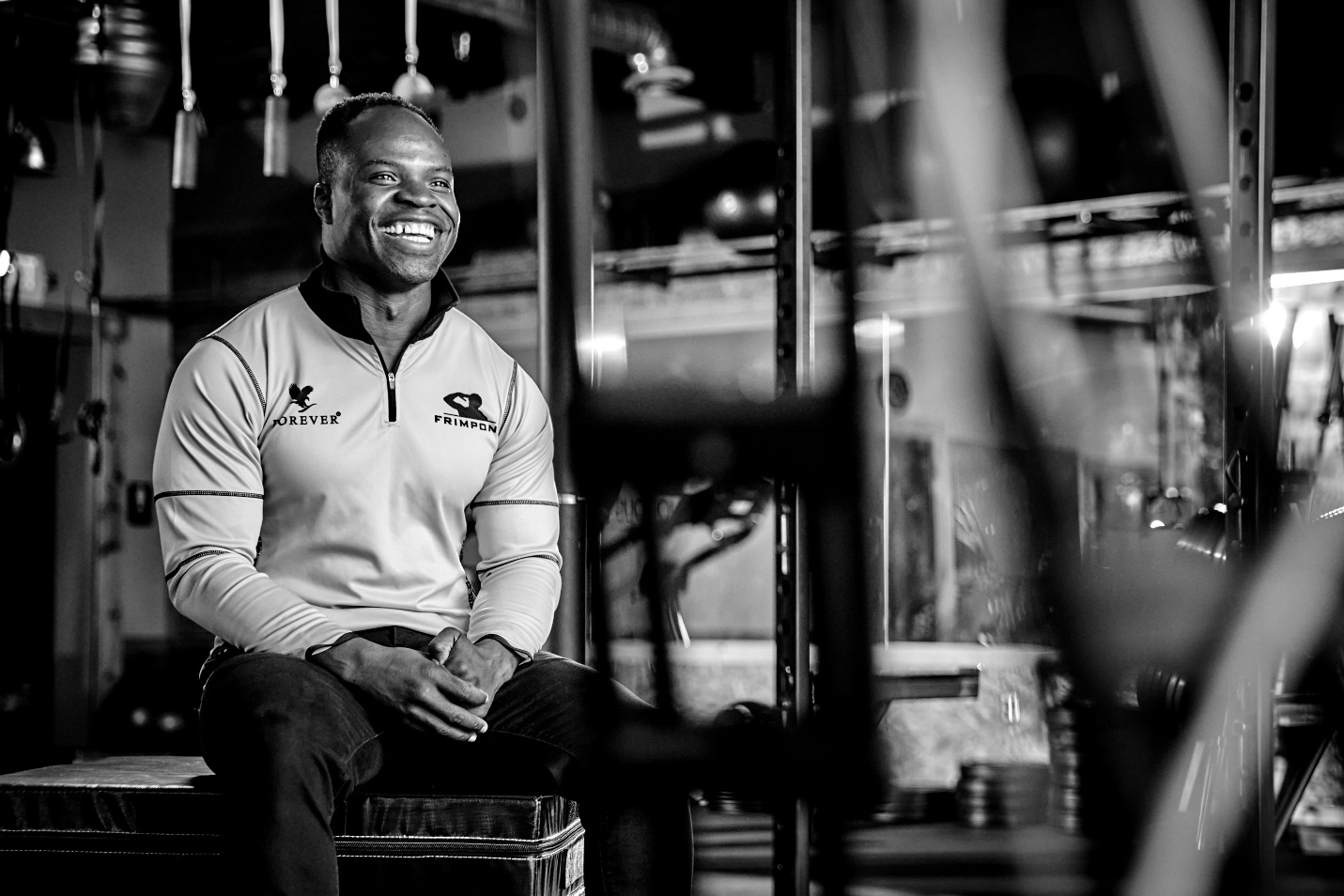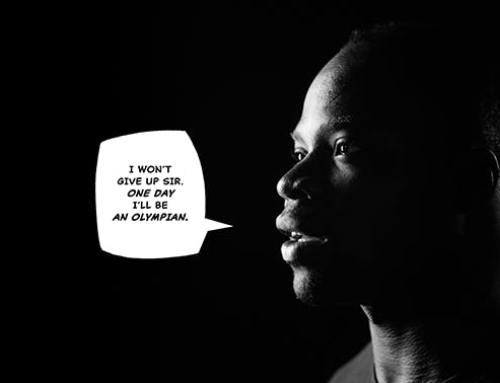If you’ve ever sprained your ankle or broken your wrist—it’s more than likely that you’ve been told to rest, heal, and get better with sufficient aid. These injuries are clear to see and have an underlying understanding that they can’t be ignored. But what about wounds that run too deep to be able to be seen? What happens when athletes, like myself, need to take a step back and tend to our mental health?
Anxiety and depression aren’t as evident as a fracture in an MRI or X-ray, but they can be just as debilitating and limiting as any other physical injury—sometimes even more so. However, they often get ignored and sidelined as ‘building grit.’
Athletes and their mental health
Athletes are regarded as celebrities by many people—viewed as competitors and modern-day warriors who push past adversity and obstacles to pursue victory. However, we’re people too, and we fight battles that aren’t as visible in the public eye. We aren’t immune to stresses in life, and according to a study, many student-athletes had higher levels of negative emotional states than their non-athlete counterparts.
Asking for help in this delicate scenario can be difficult for athletes due to the amount of stigma surrounding the subject—if you’re tough, you’re supposed to be able to do everything by yourself.
Stressful competition
Stress isn’t only faced by athletes, but the sports culture is unique and puts extra pressure on those involved. Locker room environments can get rather aggressive, with the strong preying on any signs of weakness.
Along with the perfectionist mindset that many athletes have, this results in them feeling unsatisfied with their performance, no matter how well they did. Finding a healthy balance is difficult on your own.
Signs of changes in mental health
Too many athletes will refuse to seek the help that they need—someone who cares about them, such as a parent or a coach, might end up noticing that something’s different and talk to them about it. Some signs that there might be shifts in an athlete’s mental health include:
Irritability
Sleeping problems
Changes in food consumption
Low energy
As Ghana’s first skeleton Olympian, I know that my game is only as strong as my mental resolve. Maintaining my mental well-being is part of my responsibilities of being an African representing in the Winter Olympics as an athlete and entrepreneur.
I am proud of my own mental health journey and hope to inspire others to explore their mental needs as well. We need to lead by example—the risk of ignoring your debilitating mental health is worse for you in the long run.
Follow my journey as I get ready for the 2022 Beijing Winter Olympics.





Leave A Comment
You must be logged in to post a comment.